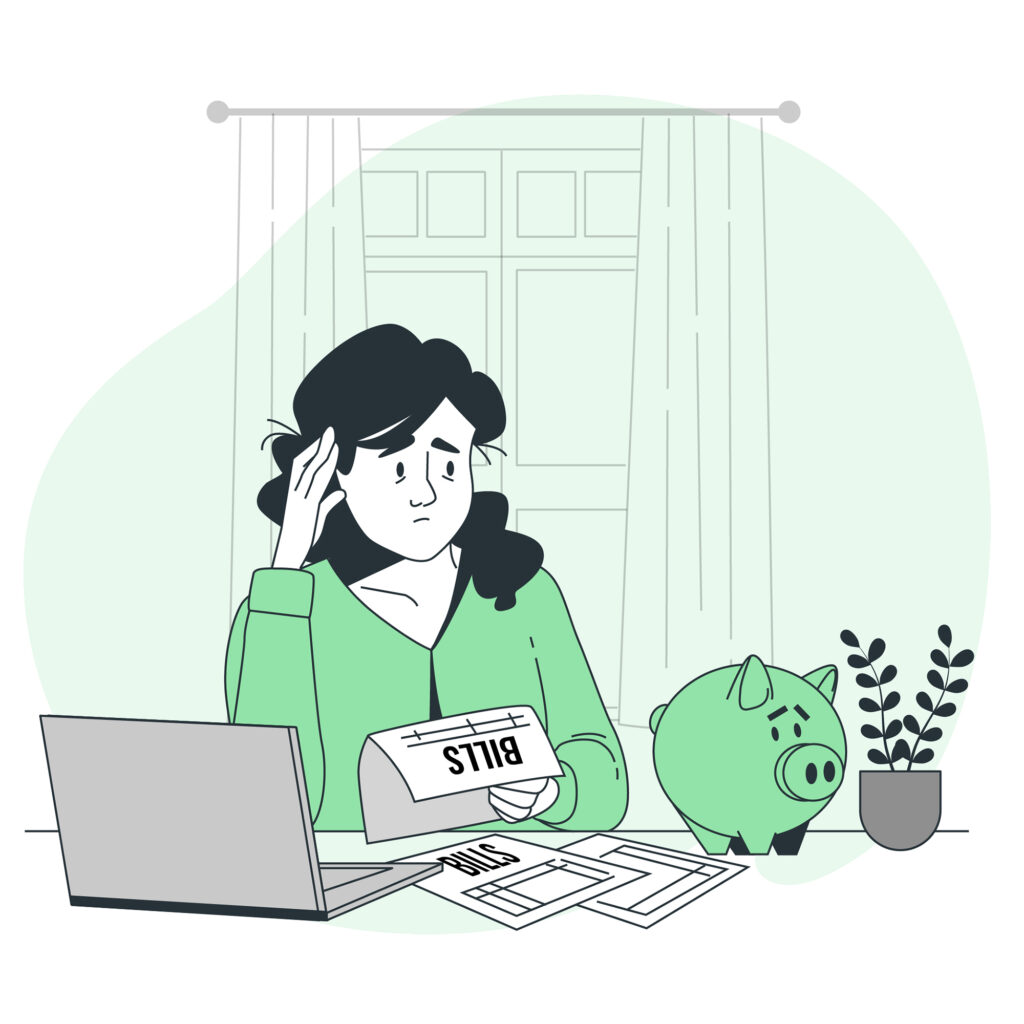Things You Can Do To Help With The Cost Of Living

With massive increases in the cost of living, some people are struggling to cope or trying to find ways to save money before things become harder. As part of our Cost of Living Crisis Campaign, we look at some tips to help cut costs and save money.
This article is also available in Welsh. I ddarllen y cynnwys yma yn Gymraeg – clicia yma
These tips are things you can do yourself if you live alone or with friends/a partner, or things you can suggest to your parents/guardians to help them with costs.
1. Lowering bills
The Government has done some things to try and help households during the cost of living crisis, like the energy price guarantee and the Energy Bills Support Scheme. But things will still be tough for people, so let’s look at some ways you might be able to lower your bills.
▪️Heat the human, not the home – don’t walk around the house in your shorts and T-shirt with the heating on full. Put on a jumper and socks, use blankets and hot water bottles, and if you’re still cold, then put on the heating.
▪️Check if there are any cold spots – check if draughts are coming in (and heat going out) and try to block them using draught excluders.
▪️Reduce the temperature of the heating and hot water on your boiler – setting it a few degrees lower can save a lot of money over a year.
▪️Never let things auto-renew – check all your contracts like broadband, mobile phone and insurance. You can usually save by changing suppliers. Always shop around for better deals
If you’re struggling to pay your bills, contact your supplier and speak to them. Don’t let things get so bad that it hurts you or your family mentally and/or physically. Suppliers can offer support to people who cannot pay and will try and come up with a solution with you.
2. Understand the benefits you’re entitled to
Look at what support is available to you and your family. You might be missing out on benefits that you’re entitled to. There are benefits if you’re working or unemployed, if you have children, if you’re sick, disabled or a carer, housing and Universal Credit. It can be difficult sometimes to know what you’re entitled to. MoneyHelper, which offers free, impartial money and pension information, has a benefits section listing all the available benefits. You can also chat with them online or call them on 0800 011 2797 if you need help.
If you want to check what benefits you could be entitled to, try the benefits calculator on the Turn2Us website. Turn2Us is a charity offering financial help to people who are struggling financially.
To check the cost of living support available to you if you are on certain benefits, check out the list here from charity entitled to.
3. Creating a budget
A budget will help you understand where your money is going. It’s a good way of checking if you can pay your bills each month and enables you to prioritise what you really need against what you want. It can also help you create a plan to save up for something you really want in the future.
To create a budget:
▪️List your incomings – the money that comes in like wages, benefits, pocket money etc.
▪️List your outgoings – the money that goes out like rent/mortgage, bills, taxes, loan/credit card payments, insurance, car fuel, groceries, childcare, tv licence, broadband, phone contract, memberships, socialising etc.
By listing everything, you’ll see how much money you have left to spend on the things you want. You can also plan for bigger purchases and see how long it will take you to save.
If things are tight or not balancing, you can easily look at your list of outgoings to see if there are things you can cut to reduce the money going out. Check out the Money Saving Experts ‘Do a money makeover’ page for tips on cutting bills and saving money.
We’ll look at creating a budget in more detail in a future blog during this campaign, but if you want to make a start, MoneyHelper has a Budget Planner on their website that you can use for free. It will save your planner and give you a breakdown of your finances and personalised tips to help you make the most of your money.
4. Cut down on food costs
As well as an increase in energy and fuel costs, the price of groceries has also increased a lot because of all the other increases. Here are some things you can do to try and save on your weekly grocery bill.
▪️Take the Downshift Challenge. Martin Lewis (Money Saving Expert) suggests you can save hundreds of pounds over a year by downshifting your shopping choices. So if you buy premium (finest or luxury branded items), then downshift to branded; if you buy branded, downshift to own brand; and if you buy own brand, then downshift to value. Cheaper doesn’t always mean lower quality. Give it a try. You might be surprised.
▪️Never go shopping hungry, and always go with a list. If you create a menu plan for the week and write a shopping list containing only the things you’ll need, it will cut down on buying unnecessary items and help cut food waste.
▪️Batch cook. It’s much cheaper to buy and cook in bulk, ideal for families but also great for others. If you live alone, cook a big batch and freeze it in portions. It will save time when you need a quick meal too. If you live with friends, then agree to all pitch in money together and cook a bigger batch for everyone. You could cook together, which may be fun for some but a nightmare for others(!), or you can take turns cooking for each other.
Further help
We hope some of these tips have given you some ideas that will help. Keep an eye on our Cost of Living Crisis campaign for more money tips and information. Remember, while it might be hard, try to ensure you don’t cut everything. You should balance being responsible and having fun. It’s important for your mental health.
▪️Meic – someone that’s always on your side. If you’re struggling and need to talk to someone or just have a question you’d like answered, then you can contact Meic anonymously and free by phone, WhatsApp message, text or instant message from 8am to midnight every day of the year. We’ll talk through your options and help you find the best path for you going forward.
▪️Apps and Websites to Help With the Cost of Living – Meic blog
▪️MoneyHelper – a free service provided by the Money and Pensions Service. Making your money and pension choices clearer. Cutting through jargon and complexities, explaining what you need to do and how you can do it, putting you in control with free, impartial help that’s quick to find, easy to use and backed by Government. Chat with them online, message on WhatsApp +44 77 0134 2744 or call 0800 138 7777.
▪️Welsh Government: Get help with the cost of living – find out what financial support might be available to you from water, electricity and gas bills, to housing and benefits, to school and higher education.
▪️Turn2Us – a national charity providing practical help to people who are struggling financially.
▪️Citizens Advice Cymru (CAB) – give people the knowledge and confidence they need to find their way forward. A charity offering free, confidential advice online, over the phone and in person. Check out their Get Help With The Cost of Living page.
▪️Money Saving Expert – dedicated to cutting your bills and fighting your corner with journalistic research, cutting-edge tools and a massive community – all focused on finding deals, saving cash and campaigning for financial justice.
▪️StepChange – Debt charity providing debt advice, helping people regain control of their finances and lives. Start a StepChange online debt advice session here or call on 0800 138 1111.
▪️National Debtline – A charity offering free debt advice to people in the UK. They have a Cost of living hub with all the latest information about the help available.
▪️Live Fear Free Helpline: If your partner controls your money and you don’t have access to your bank accounts to pay for things, this could be a form of domestic abuse. Contact the Live Fear Free Helpline, free 24 hours a day, 7 days a week, for help and advice. Call 0808 80 10 400, text 07860077333, or start a live chat on their website.

























